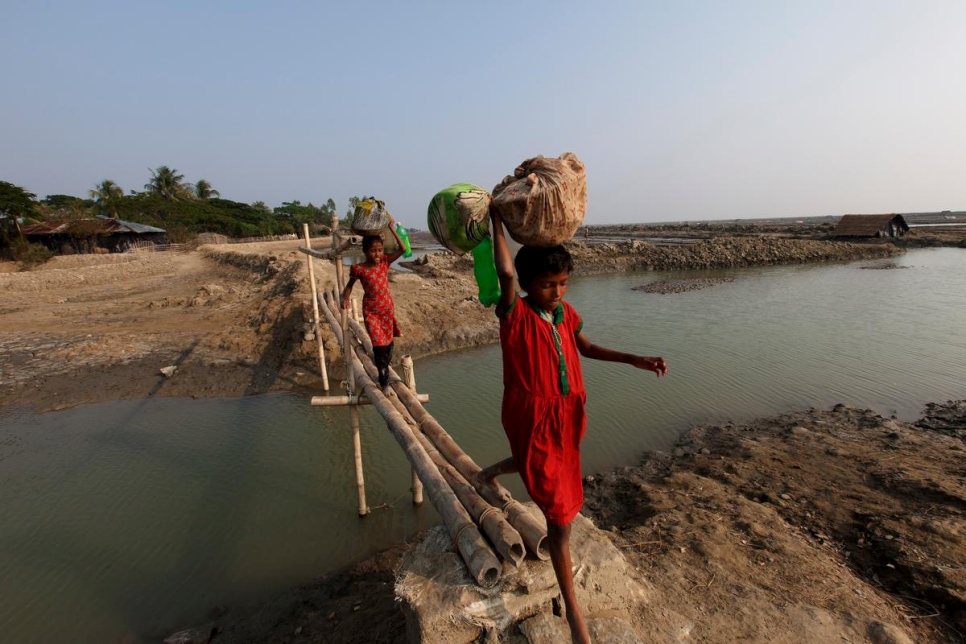The government through the Ministry of Health, Community Development, Gender, Elderly and Children will start providing Human Papilloma Virus (HPV)-vaccines to girls aged 9-13 years from next year in an effort to scale-up cervical cancer prevention and control strategies in the country.

Speaking during the occasion to hand-over cervical cancer screening treatment equipment including 15 crythrlerapy machines and one cold coagulator donated by Pink Ribbon and Red Ribbon (PRRR) organisation, Health minister Ummy Mwalimu yesterday noted that HPV-vaccines would help to reduce the number of deaths of women diagnosed with cervical cancer.
“Cervical cancer is the most common cause of cancer related deaths amongst women in Tanzania and it accounts for one third (33 per cent) for all annual new cancer cases admitted at the Ocean Road Cancer Institute,” she noted.
“The assistance provided will therefore enhance the capacity of our screening and treatment facilities to ensure every woman is screened and treated in a single visit. One equipment cost at least USD 1500,” she added.
She noted, Tanzania was amongst countries with highest cervical cancer burden with incidence rate of 51 per 100, 000 women and mortality rate of 38 per 100, 000 women, hence the figures are the highest among east African countries.
She also noted that her ministry in collaboration with other partners was working to bridge the gap to scale-up cervical cancer screening and treatment services.
“To begin with, we plan to scale-up cervical cancer screening and treatment in ten regions with low coverage. In those regions, three councils will be selected and within the council, three facilities will be equipped and their staff trained in providing cervical cancer screening and early treatment services,” she noted.
According to World Health Organisation (WHO) by year 2030, cervical cancer complications were expected to claim nearly half a million lives per year and over 95 per cent of these deaths will be in low and middle-income countries, including Tanzania.

